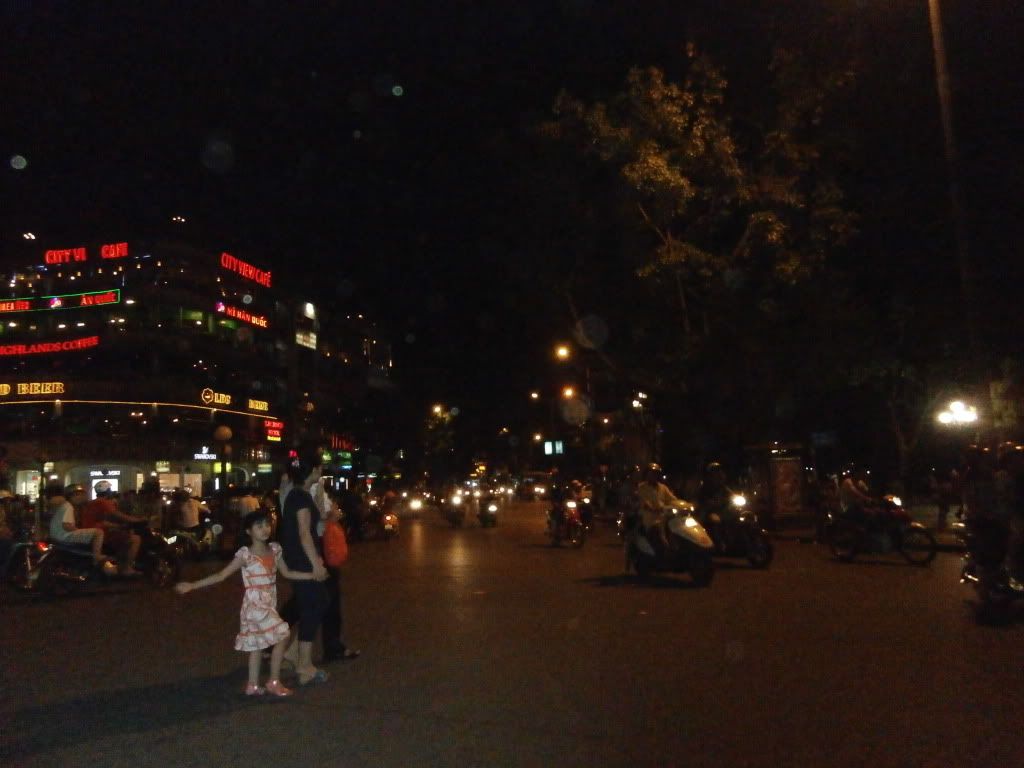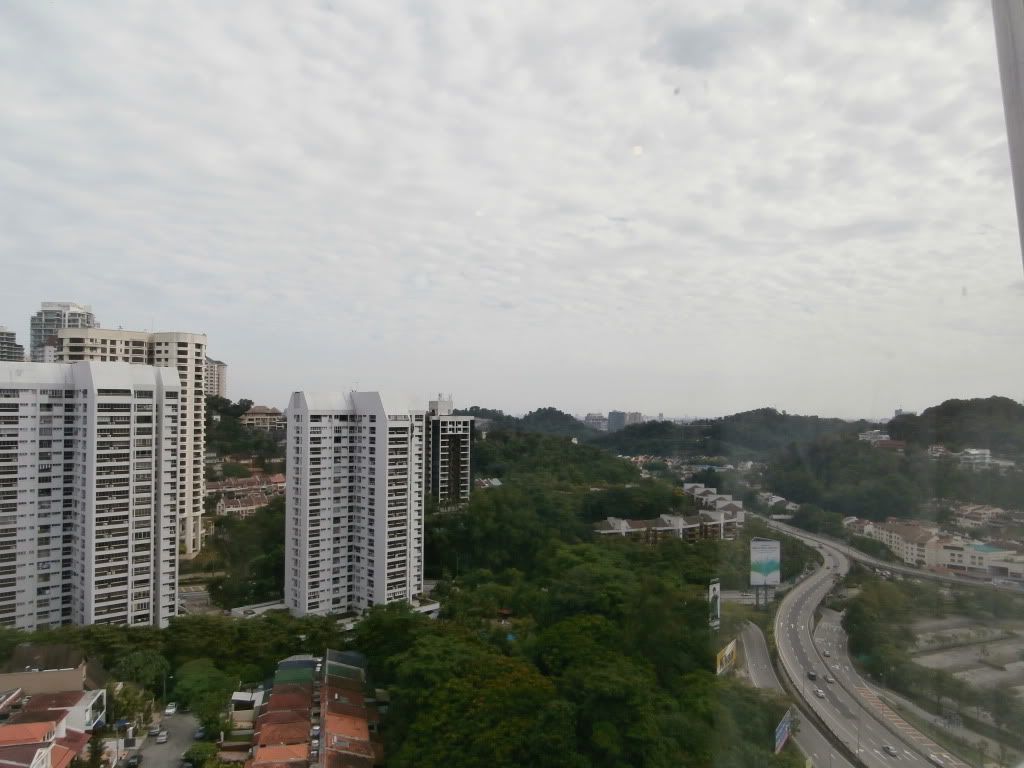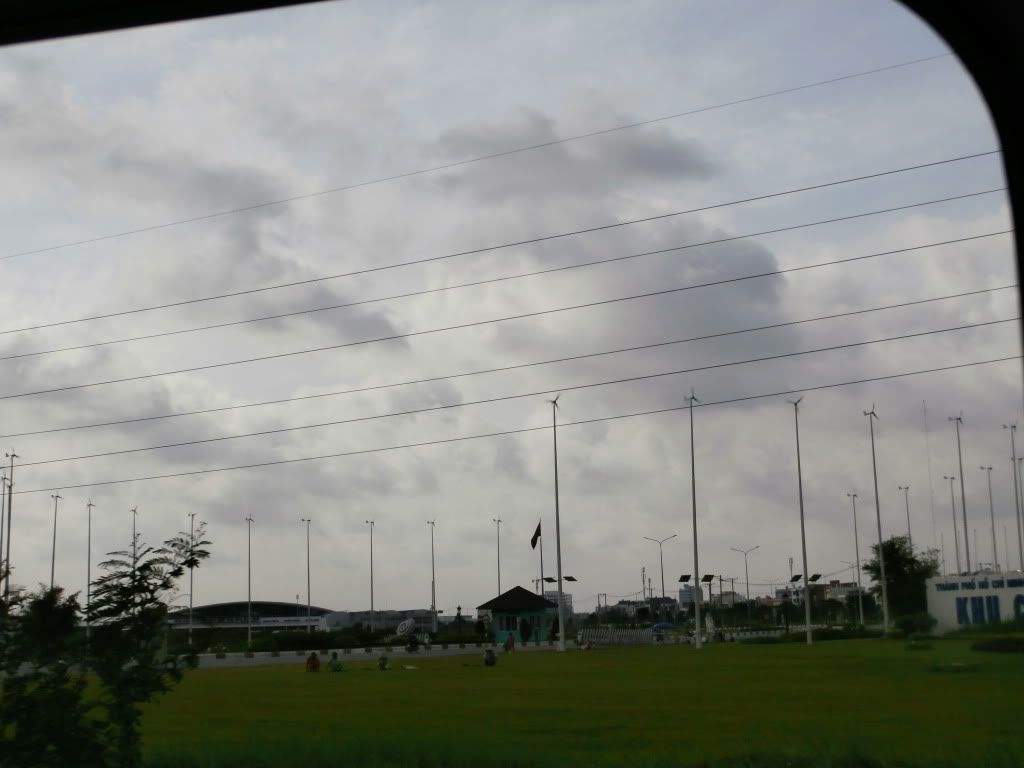Nebraskans always talk about the weather and football; the regional go-to conversation here is Ranking the Countries. I think this may have been especially acute in our summer program because most of the students had family background to some country in Southeast Asia (or East Asia), so by the end whenever Thailand was mentioned everyone would look at my roommate Natnari - for the Philippines, Phoebe; for Vietnam, Hong; for Korea, David; and for Indonesia, me. I'll admit it was a little awkward, but it's true that Natnari has a vested interest in Thailand and I have sentimental attachment to Indonesia. Nobody really had sentimental attachment to ASEAN.
Asians in Asia
I guess some compare-and-contrast is inevitable. The ASEAN countries are like proud, passive aggressive cousins (with Myanmar the "black sheep" of the family). Stereotypes about each abound, most of the competition is about who has the best satay, and for the most part the real hostility is directed inward, at separatist groups within the state - ASEAN isn't going to go to war with itself anytime soon, if ever. We love each other because we have to, we'll usually unite against strangers, we're sometimes too similar for comfort, and if one of us starts spiraling downward (politically or economically), the rest are afraid they might follow. Yes, we say that we're all different and that's okay - some of us just can't ever grow up to be like Singapore, for structural/demographic/geographic reasons - we have to define success for ourselves, we have to be true to ourselves. But we all still want to be the best in ASEAN, the one with the most growth, the most money, the most FDI (the most democracy is actually not a coveted title). I still think ASEAN is thinking nationally, not regionally.
I got to Jakarta last night for my internship. Fortunately I have family in the city who can take me in, and my uncle picked me up at the airport. We talked about my experience in Vietnam and Malaysia - I found out he had been to Hanoi (his comment: "many motorcycles, like insects"). I asked him how he liked Hanoi.
Motorcycles like insects in Hanoi
"Not much," he said, "but it makes me feel better about Jakarta. At least Jakarta is more developed than Hanoi." (Full disclosure: I really enjoyed Hanoi) I brought up Kuala Lumpur. "Oh, Kuala Lumpur is far better than Jakarta. Kuala Lumpur is almost like Singapore!"
It's a running "joke," the superiority of tiny Singapore in terms of wealth, cleanliness, order, over its sprawling, impoverished, disorderly neighbors. So much so that Singapore barely "counts" in any discussion about development or governance in Southeast Asia. I've only been to Singapore once, for a 24-hour layover long ago, but having spent two weeks in KL, I must admit that this proto-Singapore is an impressive feat of urban development. The sidewalks are clean, the paint is new. The streamlined highways curl smoothly through the hills. Even the palm trees are perfectly spaced. It's almost disorienting for someone more used to other Southeast Asian cities - KL is like that weird Stepford neighborhood where everyone actually follows the Homeowners Association Handbook.
KL
And it did leave me thinking: how can Jakarta get to this point? My really hasty first impressions on the differences between Jakarta and KL: 1) more people just kind of hanging around (loitering, they'd probably call it in Singapore) in Jakarta; 2) uncontrolled graffiti, even on graveyard walls; 3) terrible traffic that does not adhere to rules - your car crawls through an alley and then you have to pay the locals with whistles who act as informal traffic cops to get you back on the main road.
My uncles had their own suggestions: 1) The people are out of control, and their solution to problems is to "burn everything, even the governor's house in Papua." 2) The cops are too scared to enforce the law, hence the cancellation of Lady Gaga's concert in Jakarta after an Islamic fundamentalist group threatened to (what else?) burn down the stadium. 3) Lack of strong leadership. "In terms of human rights, yeah, it's better now," my other uncle said. "But in terms of leadership, Suharto was good. He could control the people."
And then he laughed and threw up his hands. "Itu-lah Indonesia" - that's Indonesia for you. That's just the way it is.








